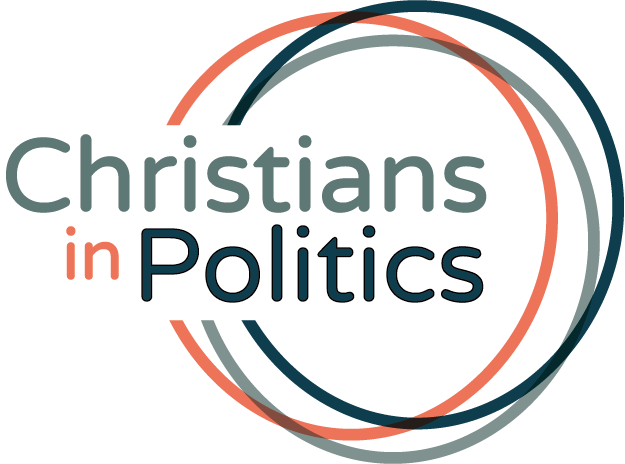Avoiding paralysis: why young people can flourish in politics
Christians in Politics intern, Dunstan Rodrigues, writes about his experience at World Youth Day 2016 and its affirming message of serving the excluded through political activism.
This year, Christians in Politics is starting to think about how young Christians can become politically active. But when politics appears so off-putting, what can inspire them to show up and get involved, rather than simply protest from the sidelines?
This question was addressed at World Youth Day, a pilgrimage organised by the Catholic Church every 3 years, which this year took place in Krakow, Poland. An estimated 3 million pilgrims from around the world attended talks, concerts, catechisms and vigils across Poland. Attending for the first time, the experience was fun, intense and encouraging. The hospitality of our Polish family hosts was humbling, and there was plenty of care-free dancing and celebration. Nuns – rather than sombre and slightly morose as I initially anticipated – proved to be particularly graceful and joyful dancers!
Importantly, the predicament of being a young person was taken seriously. After giving thanks for the zeal and enthusiasm of the young people who attended, Pope Francis tried to outline the obstacles facing young people that may prevent them from flourishing.
The danger, Francis exhorted in the prayer vigil (which can be found in full here), is that young people become paralysed from being who they are and living life fully. There are different kinds of paralysis, he continued. One kind comes from persecution and displacement. Another is more insidious. As he put it,
“But in life there is another, even more dangerous, kind of paralysis…. I like to describe it as the paralysis that comes from confusing happiness with a sofa….”
This occurs when one thinks that comfort, calmness and safety alone will bring fulfilment. And such paralysis has sobering consequences for politics. This is because it induces us “…to grow drowsy and dull while others – perhaps more alert than we are, but not necessarily better – decide our future for us…”
As a recent graduate myself, with debt and insecurity, it feels sensible to prioritise my own safety and comfort. Particularly at a time when politics is uncertain and fragmented, it does not seem worth getting involved.
But this is a kind of paralysis that CiPol – with its message of ”showing up” – wants to help people avoid. Thankfully the Christian tradition provides inspiration for becoming active and showing up. Pope Francis described why this is so:
”Jesus is not the Lord of comfort, security and ease. Following Jesus demands a good dose of courage, a readiness to trade in the sofa for a pair of walking shoes... To take the path of the “craziness” of our God, who teaches us to encounter him in the hungry, the thirsty, the naked, the sick, the friend in trouble, the prisoner, the refugee and the migrant, and our neighbours who feel abandoned. To take the path of our God, who encourages us to be politicians, thinkers, social activists.”
Politics – even when it is full of scandal, discomfort and unease – is also an arena in which one can serve the weak, who are themselves the source of blessedness. So even though the political climate appears off-putting, it is a perhaps more than ever an exciting vocation for the young.
In this spirit, CiPol are very much interested in meeting with and listening to young people – at school, University or starting working life – to partner with them to impact politics. Please get in touch and email ycip@christiansinpolitics.org.uk, we would love to hear from you.
